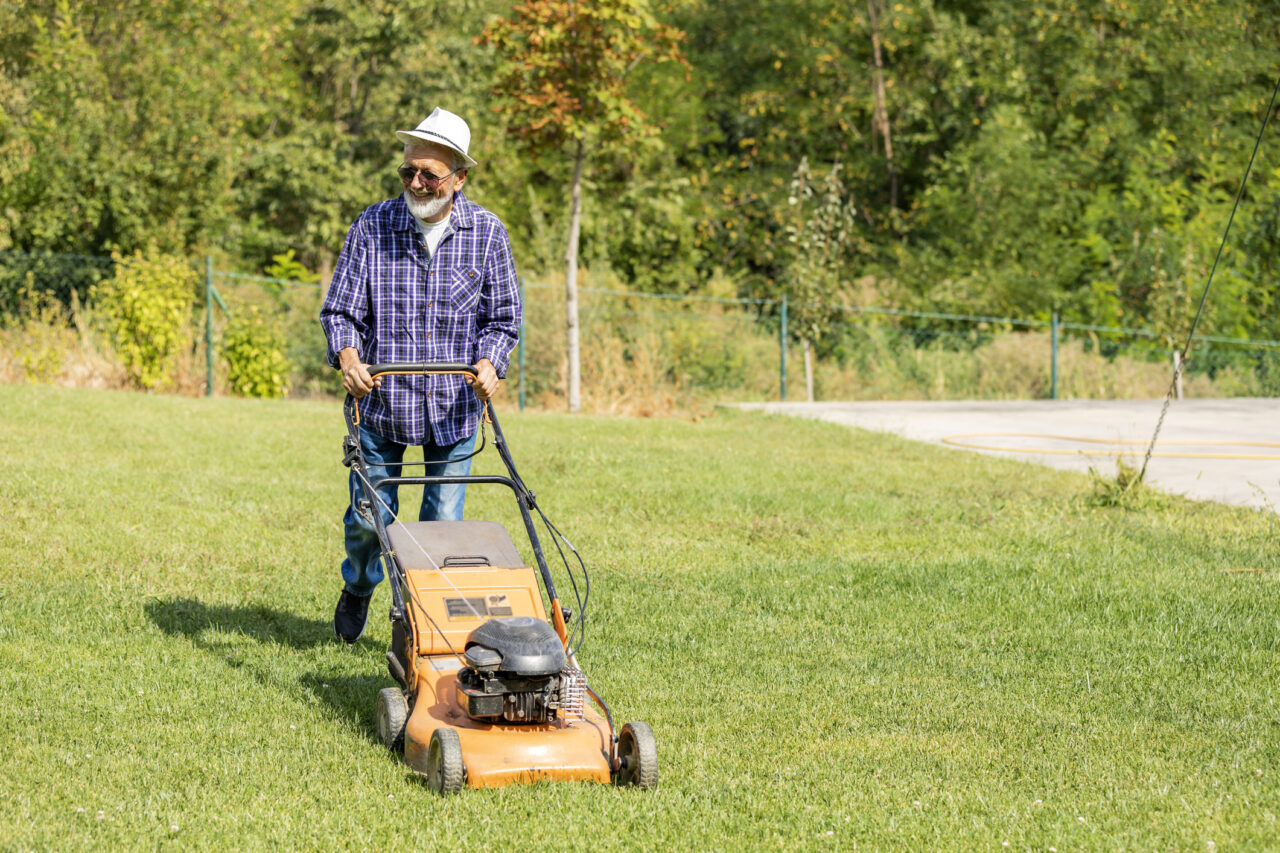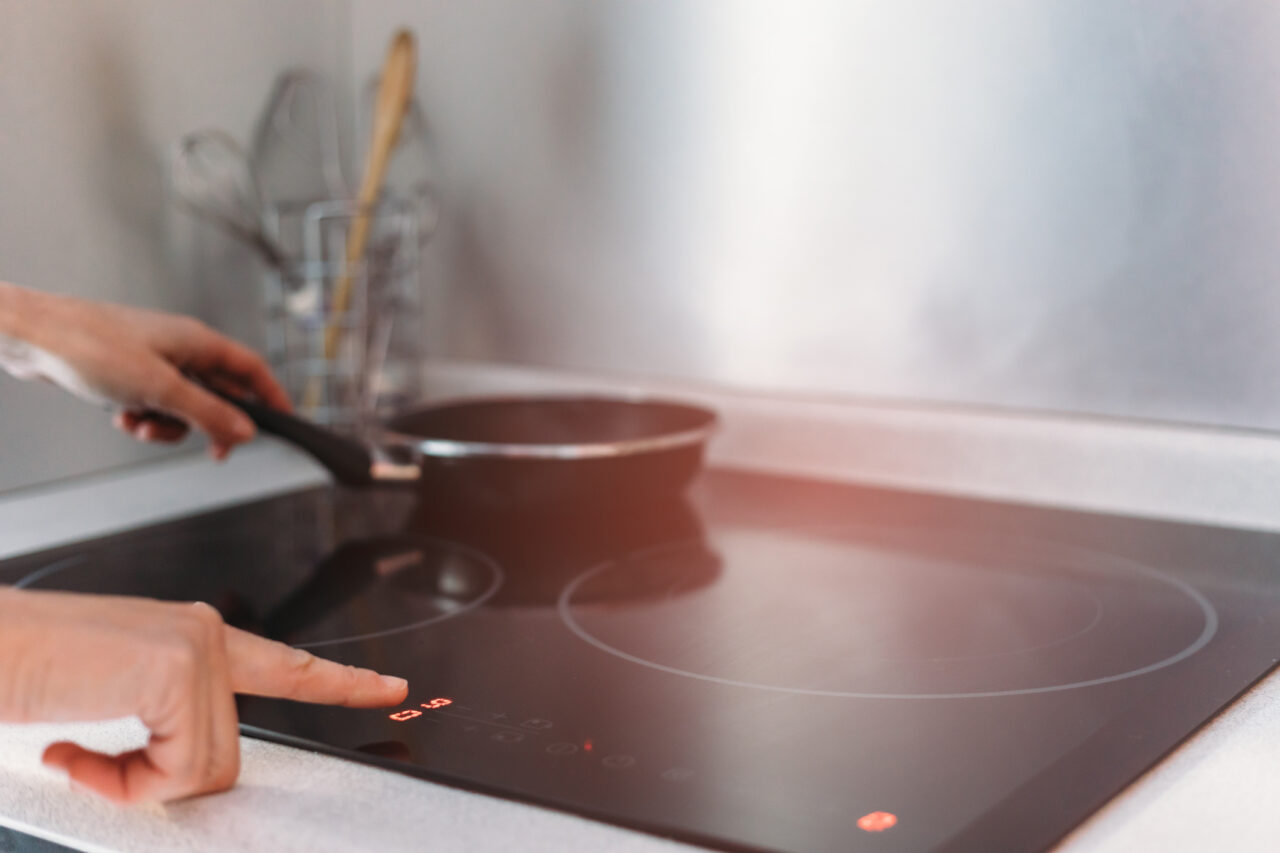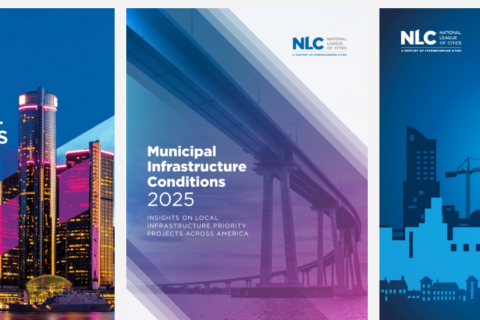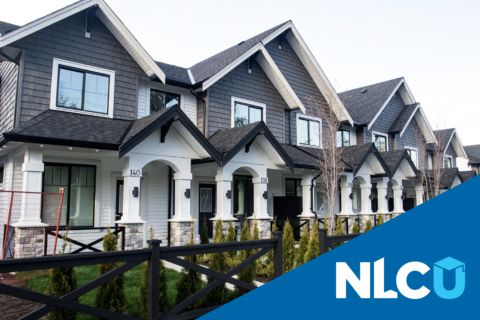Co-authored by Emma O’Reilly, Intern, National League of Cities
According to a report from the American Council for an Energy-Efficient Economy (ACEEE), using behavioral science can promote residential electrification and help overcome common deterrents, like high costs and perceived inefficiencies of electric appliances. These deterrents often stem from outdated information about electric technologies, such as heat pumps and induction stovetops.
Gateway technologies such as electric lawn equipment, solar panels and electric vehicles support further electrification efforts by reversing people’s negative and sometimes untrue perceptions of the technologies. Programs like induction cooktop lending and contractor training for heat pumps suggest that these experience-based approaches could help increase adoption rates. Additionally, people much prefer incentives such as optional pilot programs, tax credits and rebates rather than mandates.
As cities develop electrification strategies, it’s crucial to integrate behavioral insights and targeted incentives to align with consumer preferences and needs.
Cities running pilot programs for residents to borrow electric appliances and equipment can be an easy and low-cost way to encourage residents to make sustainable upgrades to their homes, taking advantage of available federal incentive opportunities, as well as enabling local governments to meet their environmental and emissions reduction goals.
Electric Lawn Equipment
One critical step city leaders can take to support electrification is the promotion of electric lawn equipment. Cities are leading by example, leveraging these tools as gateway technologies and utilizing rebate programs to kickstart broader electrification initiatives.

The City of Holland, MI, offers lawn tool rebates through its community-owned Board of Public Works, including additional incentives for electric-powered tools. Customers can receive a $50 rebate for a new electric lawn mower, an extra $100 if they recycle their old gas mower, and a $75 rebate on any type of induction cooking appliance. These efforts, as part of the Holland Energy Fund Rebate Program, aim to promote both cost-savings and an eco-friendlier lifestyle.
Induction Cooktops
Gas appliances lead to indoor air pollution, which can adversely affect your health. Recognizing these risks, many Americans are already making the transition to induction cooktops. Induction appliances use electromagnetic fields to directly heat cookware, making them significantly more efficient than traditional gas or electric cooktops.
Induction cooktops are up to three times more efficient than gas stoves and about 10 percent more efficient than conventional electric ranges, resulting in lower energy costs and reduced air pollution. They also eliminate indoor pollutants like nitrous oxides and carbon monoxide, which can worsen respiratory conditions. Additionally, induction stoves are safer due to built-in safety features and can heat water faster than traditional stovetops. With the cost of induction stoves decreasing and potential rebates available, many households are finding them an attractive option.

A nonprofit organization in California, The Switch Is On, runs an induction cooktop demonstration program that could be easily replicated by municipal governments.
The nonprofit set up an “Ambassador” program, in which people in the community host their own demonstration events, receiving incentives for each event they host. This program relies heavily on the positive behavioral outcomes from experience-based programs; people can see, smell and eat a meal prepared using induction technology. Additionally, by recruiting residents as Community Ambassadors, the program builds trust by using a trusted messenger, as well as providing a culturally appropriate experience for that population.
In conclusion, running pilot and demonstration programs using “gateway” electrification appliances can increase residential rates of adoption of other energy-efficient and renewable energy technologies. Providing a hands-on experience can cause people to change their preconceived notions and form new, sustainable behaviors.










